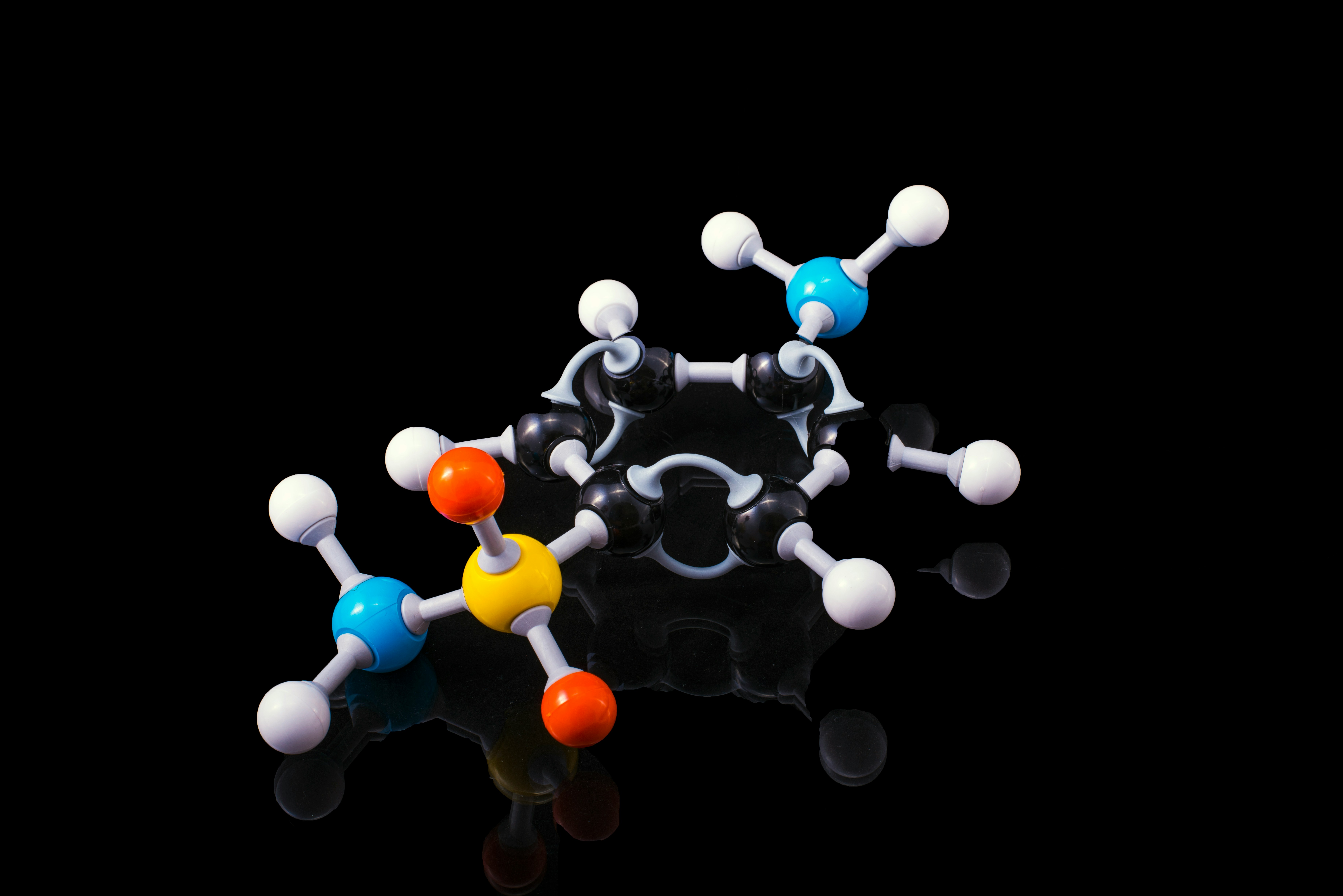Murphy is a leading international, specialist engineering and construction company founded in 1951 with a purpose to improve life by delivering world-class infrastructure. Operating in the United Kingdom, Ireland, Canada and America, Murphy provides better engineered solutions to infrastructure sectors including transportation; natural resources; energy and water.
Headquartered in London, Murphy has a number of related businesses – Ground Engineering; Utility Connections; Murphy Plant; Murphy Process Engineering; Pipeline Testing Services; Specialist Welding Services; and Electrical Services. Murphy is a specialist in delivering pipelines, design, structural steel, tunnelling, fabrication, bridges and piling, and has a substantial holding of plant, equipment and facilities.
Murphy employs around 4,000 engineers, professional managers and skilled operatives around the world. Together, they work as ‘One Murphy’ - directly delivering the people, plant and expertise needed to make projects a success. Visit (url removed) or follow us on LinkedIn, Facebook, Instagram and X:
#MoretoMurphy
A day in the life of a Murphy HV Quality Engineer:
Review and approve Inspection & Test Plans (ITPs), FAT procedures, calibration certificates and method statements before attendance.
Liaise with engineering, procurement, and commercial teams to embed FAT and quality requirements in contracts.
Develop detailed FAT schedules and calendars, coordinating Murphy personnel, supply chain partners and client witnesses at global factories and test houses.
Arrange travel, visas and site inductions; ensure all parties understand safety and technical expectations.
Lead and witness FATs on HV transmission plant (e.g. GIS, transformers, switchgear, protection & control panels).
Verify that test equipment is within calibration and that environmental conditions meet contractual and statutory requirements.
Compile real time defect/punch lists, agree corrective actions and track them to closure.
Produce clear FAT reports, photographs and certificates for Inspection reports.
Issue Material/Product Release Notices immediately following successful test completion and document review.
Support supplier audits and quality surveillance visits; implement corrective and preventative actions.
Provide technical advice to project teams on material selection, testing methodology and risk mitigation.
Mentor junior engineers and graduates in FAT planning, witnessing and report writing.
Still interested, does this sound like you?
Internal Auditor ISO 9001:2015 qualification and/or Bachelor’s degree in electrical, mechanical or materials engineering (or equivalent). Chartered status (IET/IMechE/ICorr) desirable.
Proven experience planning, witnessing and closing out FATs for HV substation plant or large industrial equipment.
Familiarity with IEC, ENA TS, NGTS, BS EN and ISO 17025 standards, plus relevant statutory and environmental regulations.
Strong understanding of calibration, measurement uncertainty and test instrumentation.
Competent in interpreting single line diagrams, protection schematics and wiring diagrams.
Willingness to travel globally (up to 50%), including occasional short notice assignments


